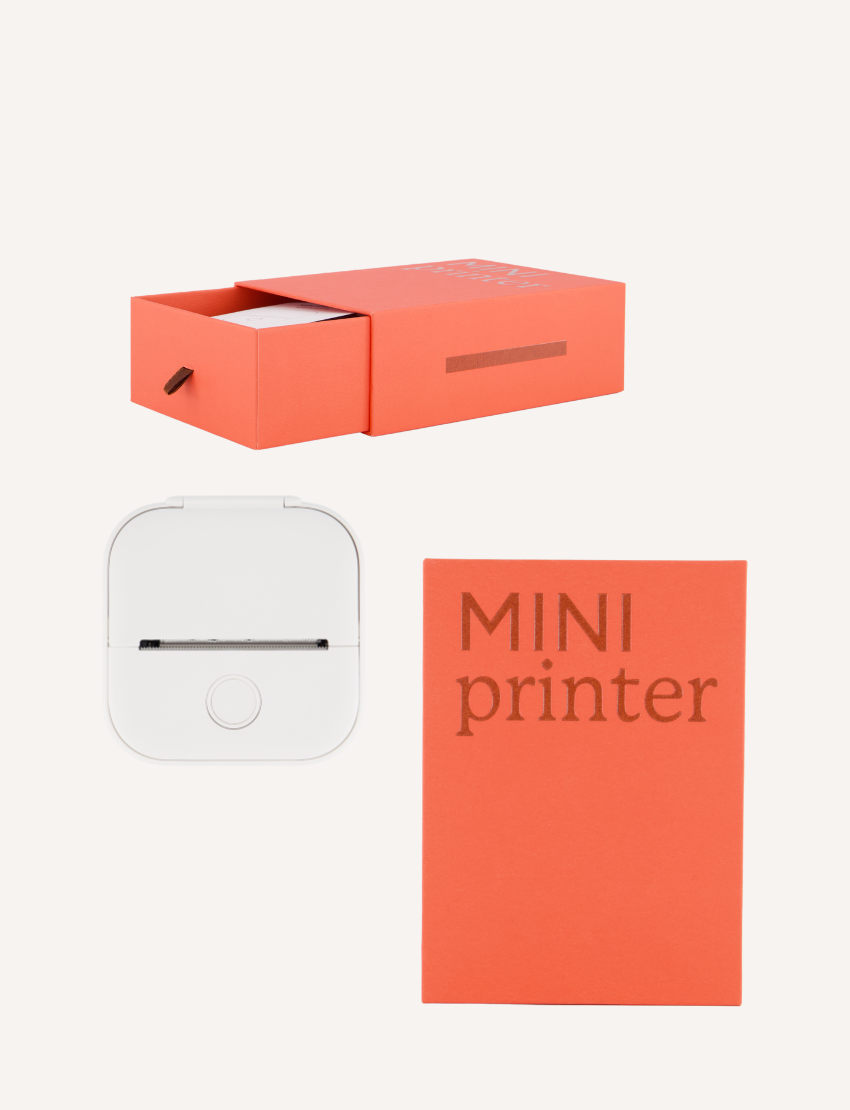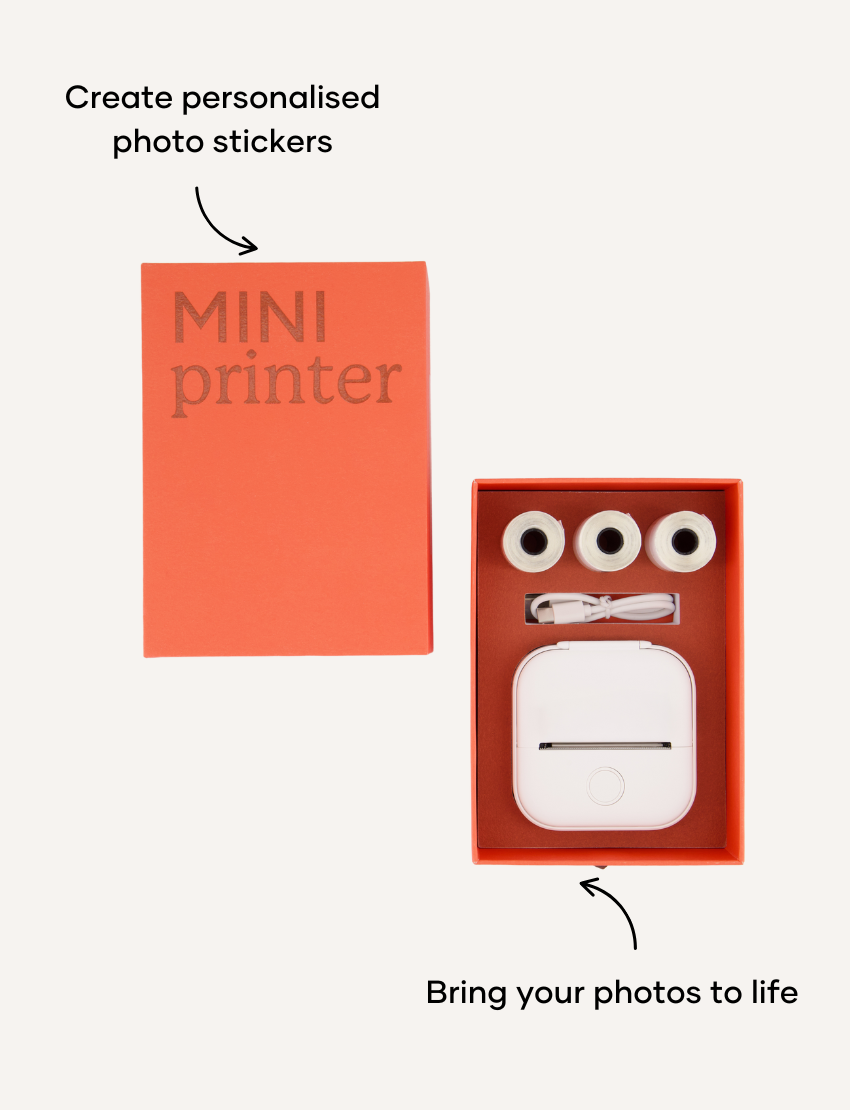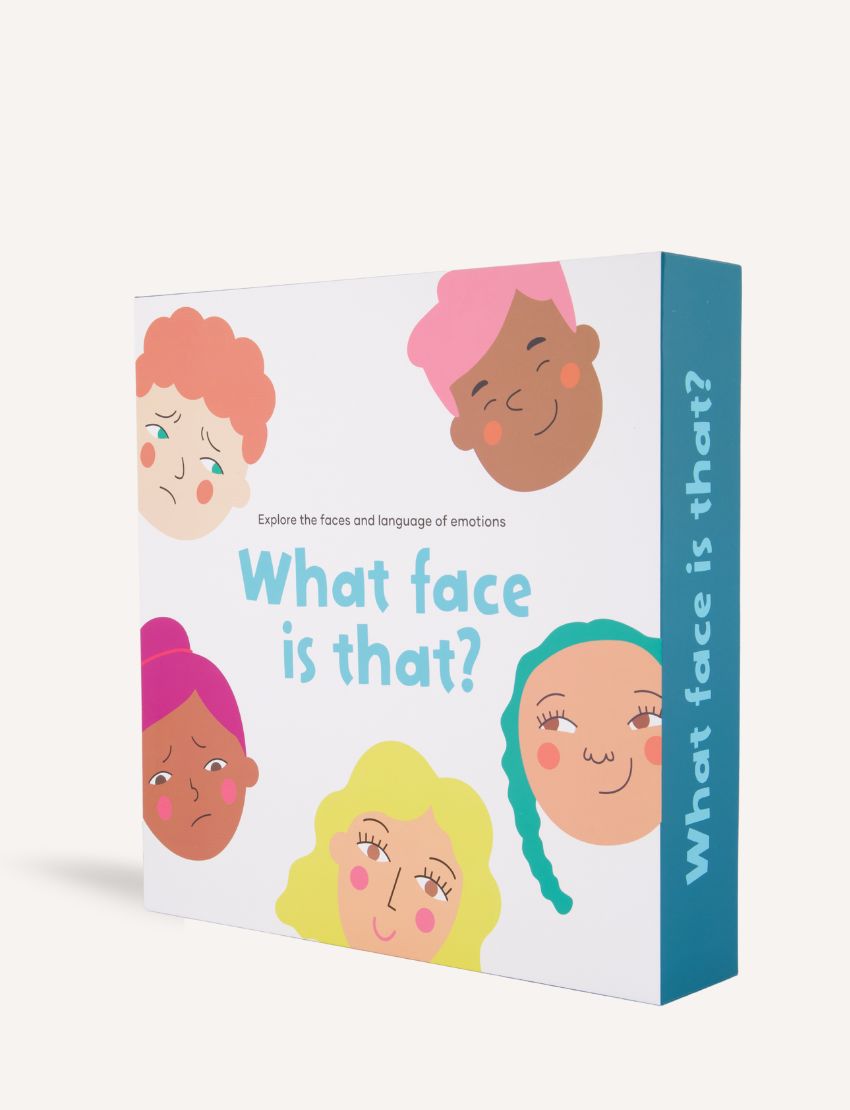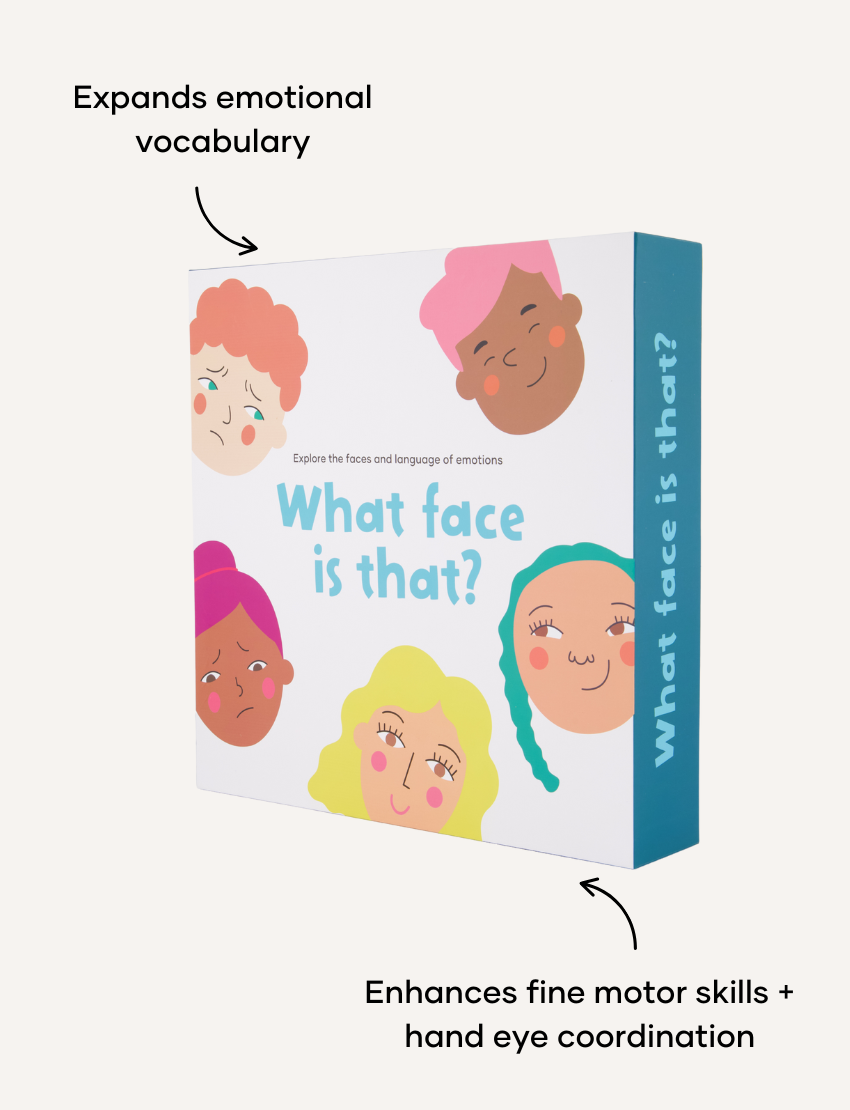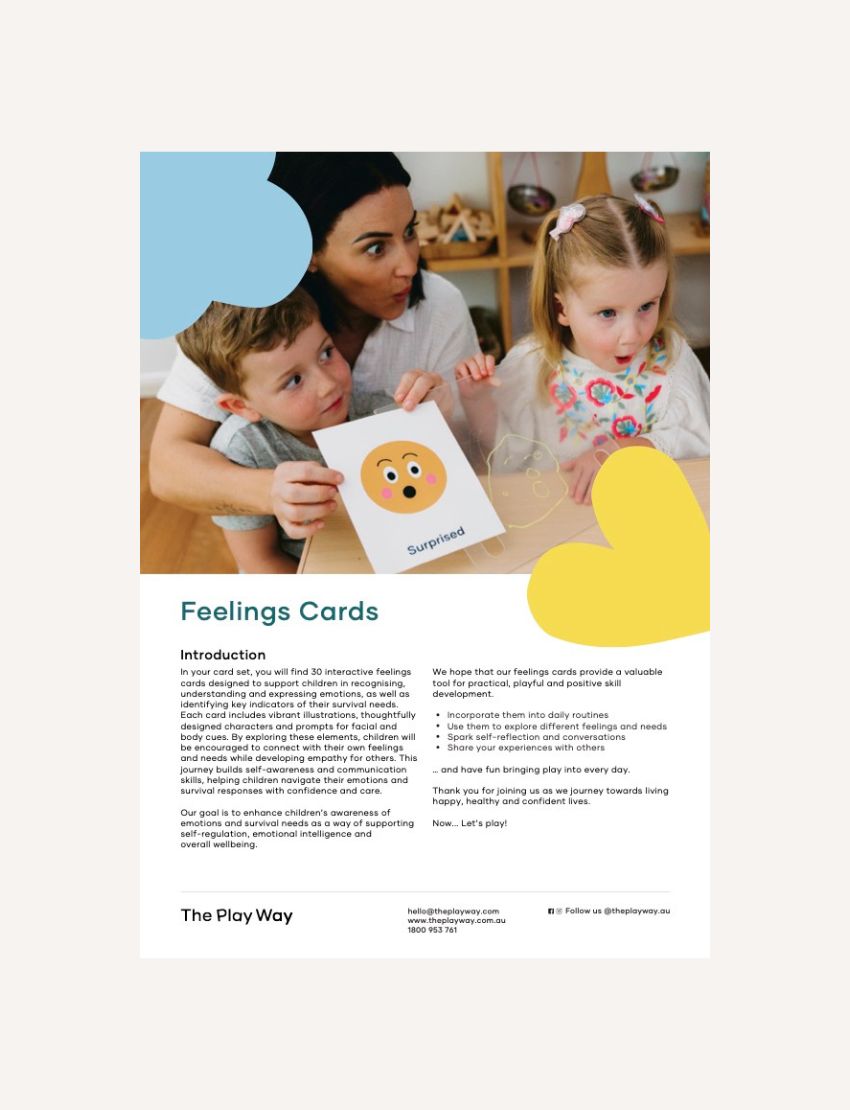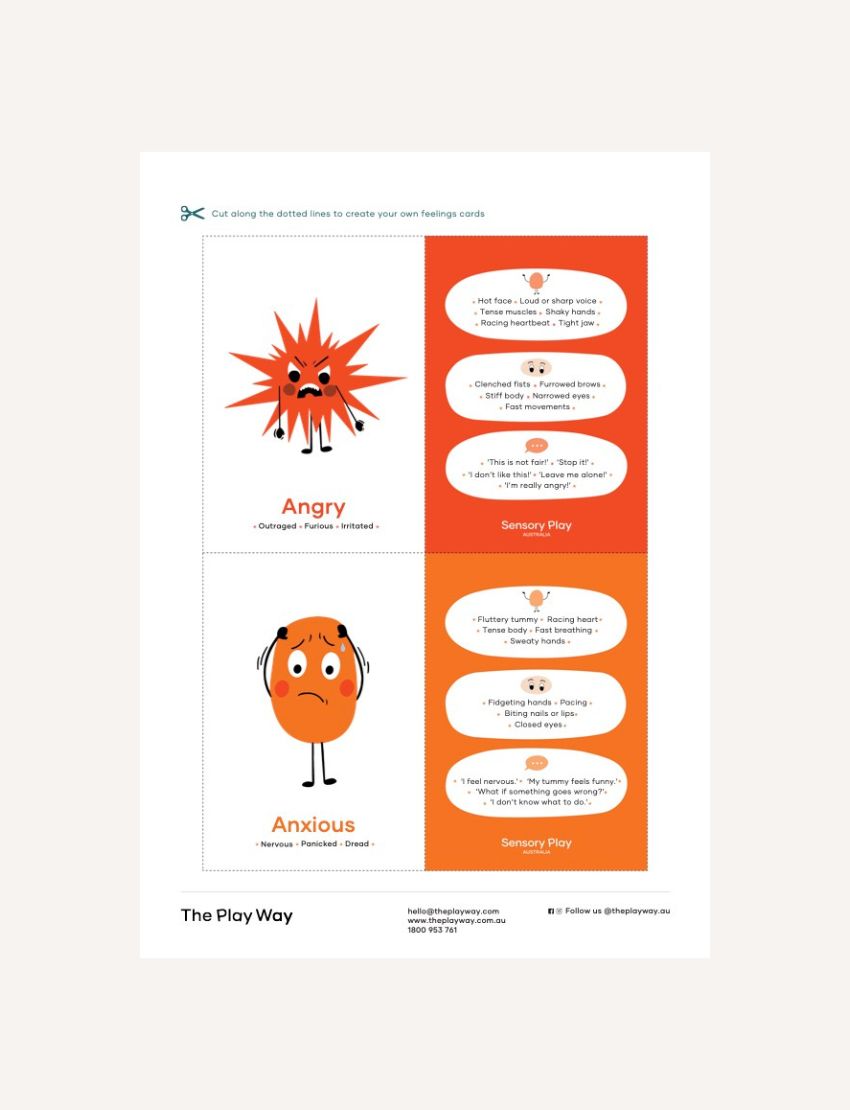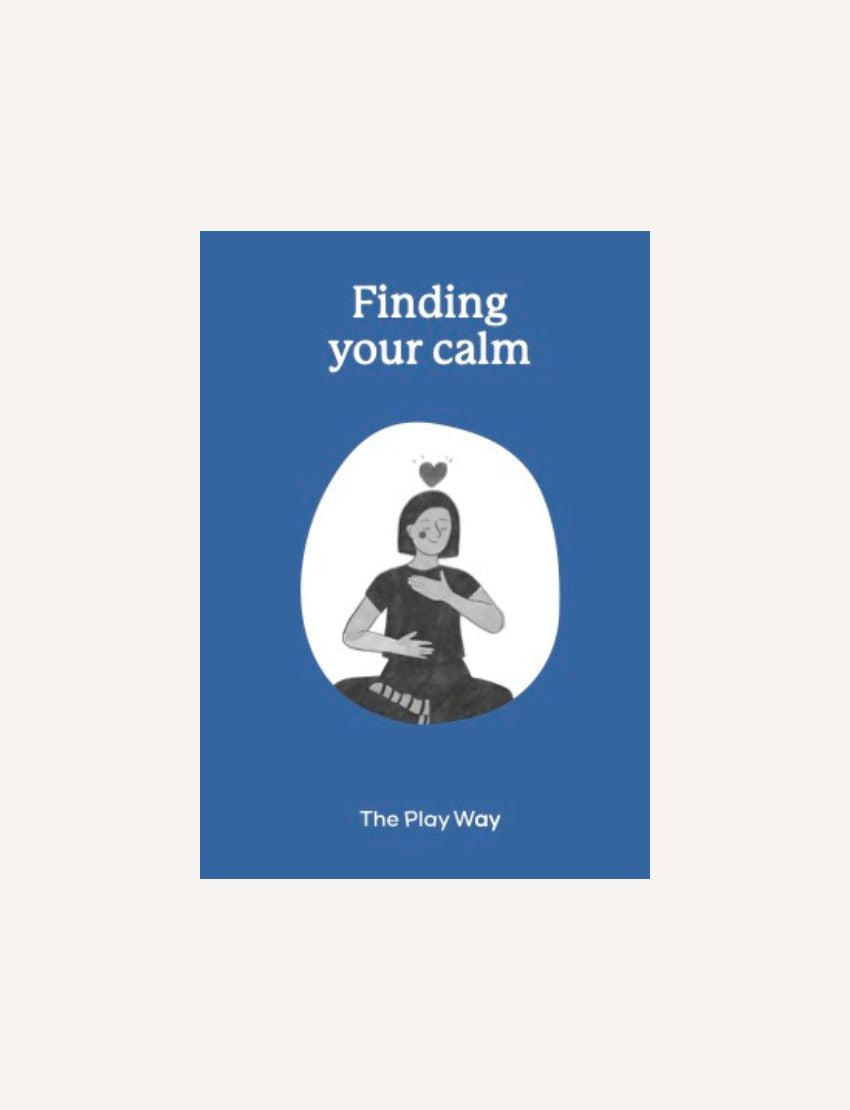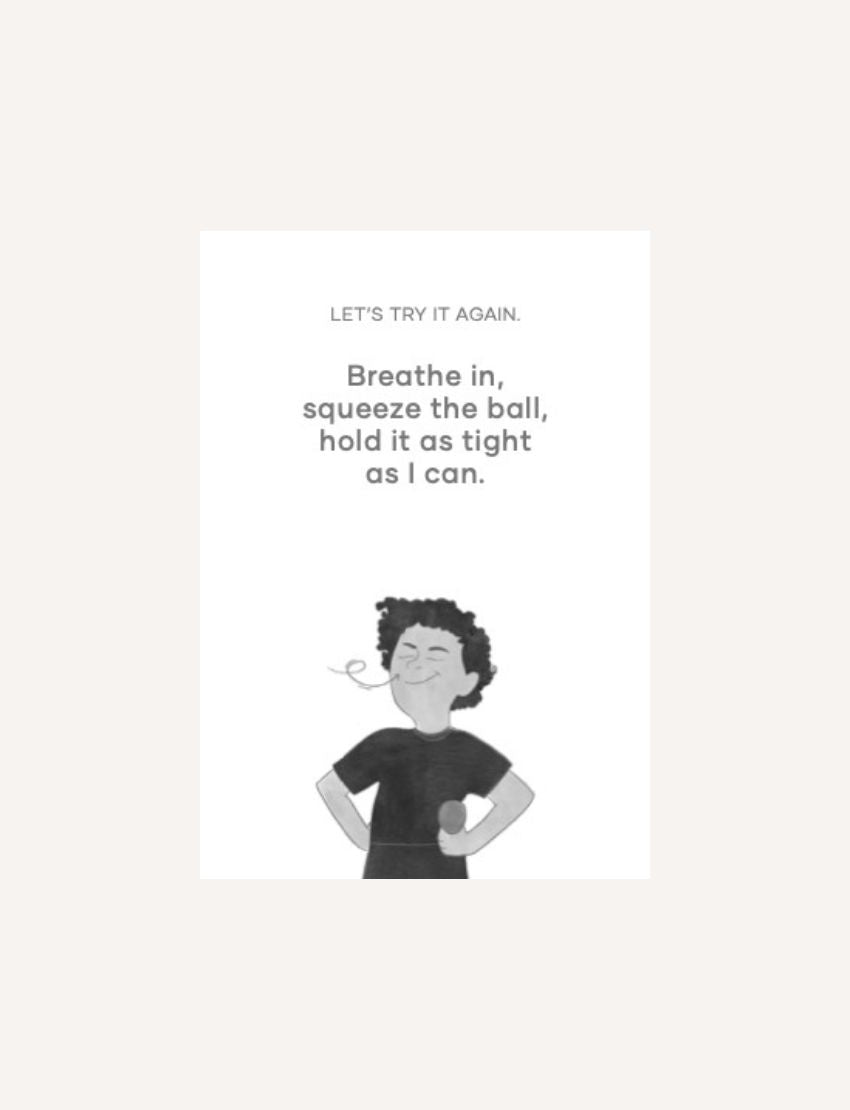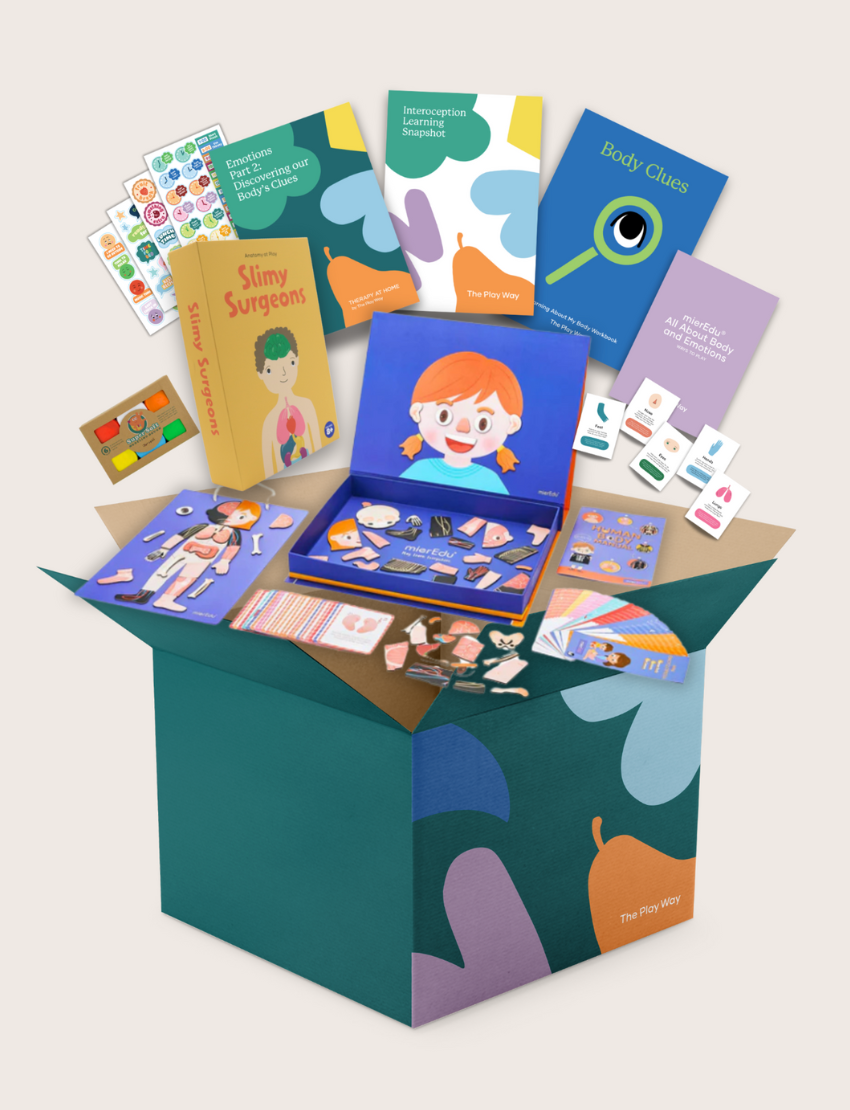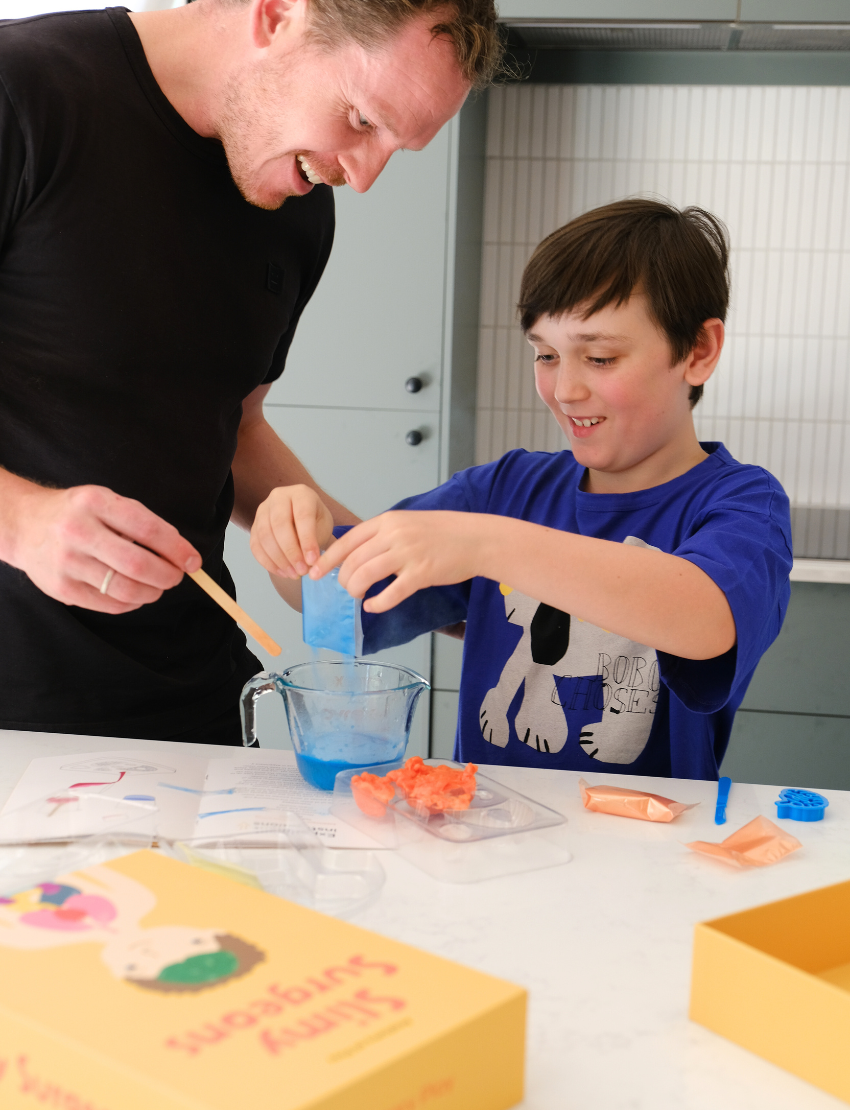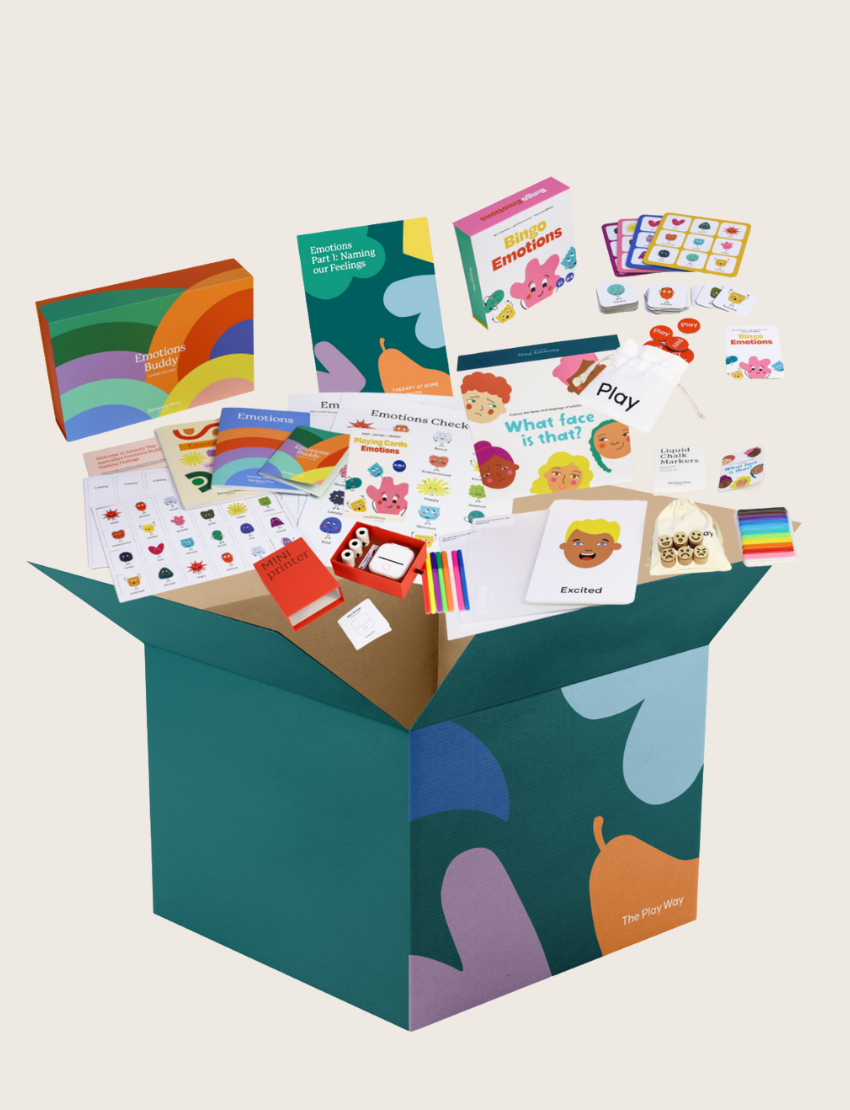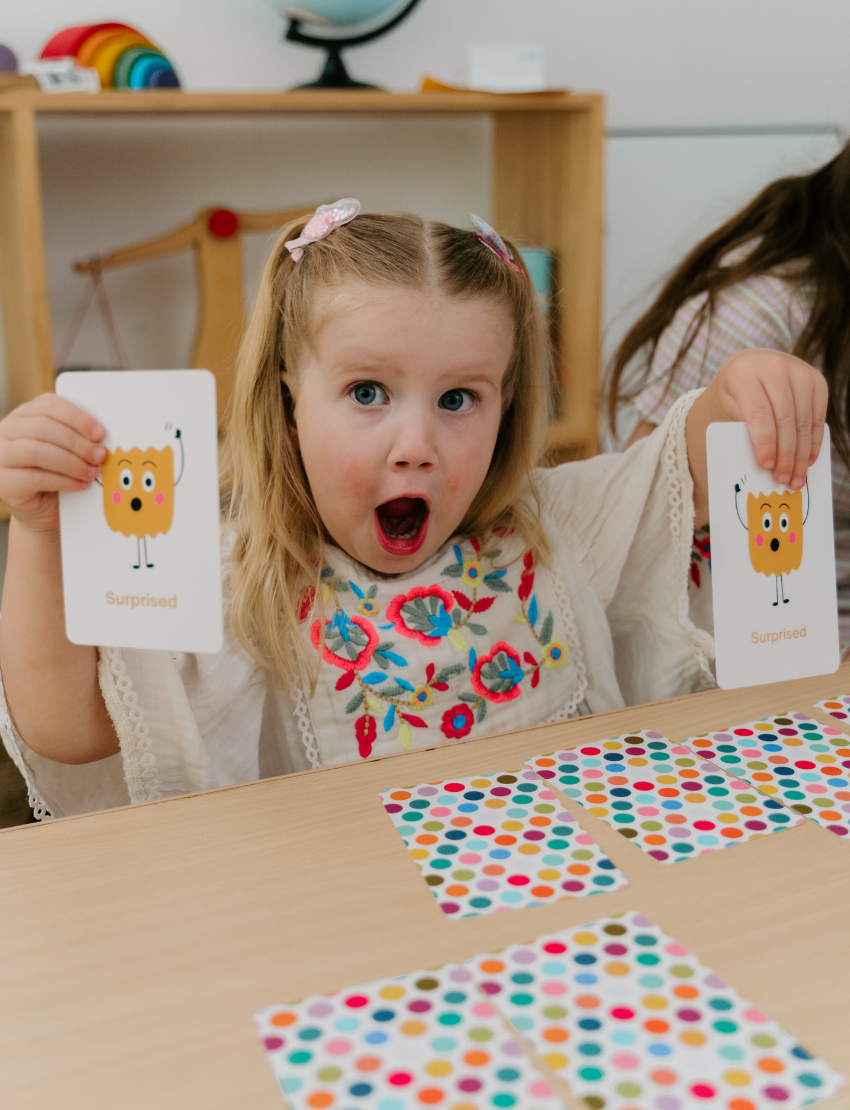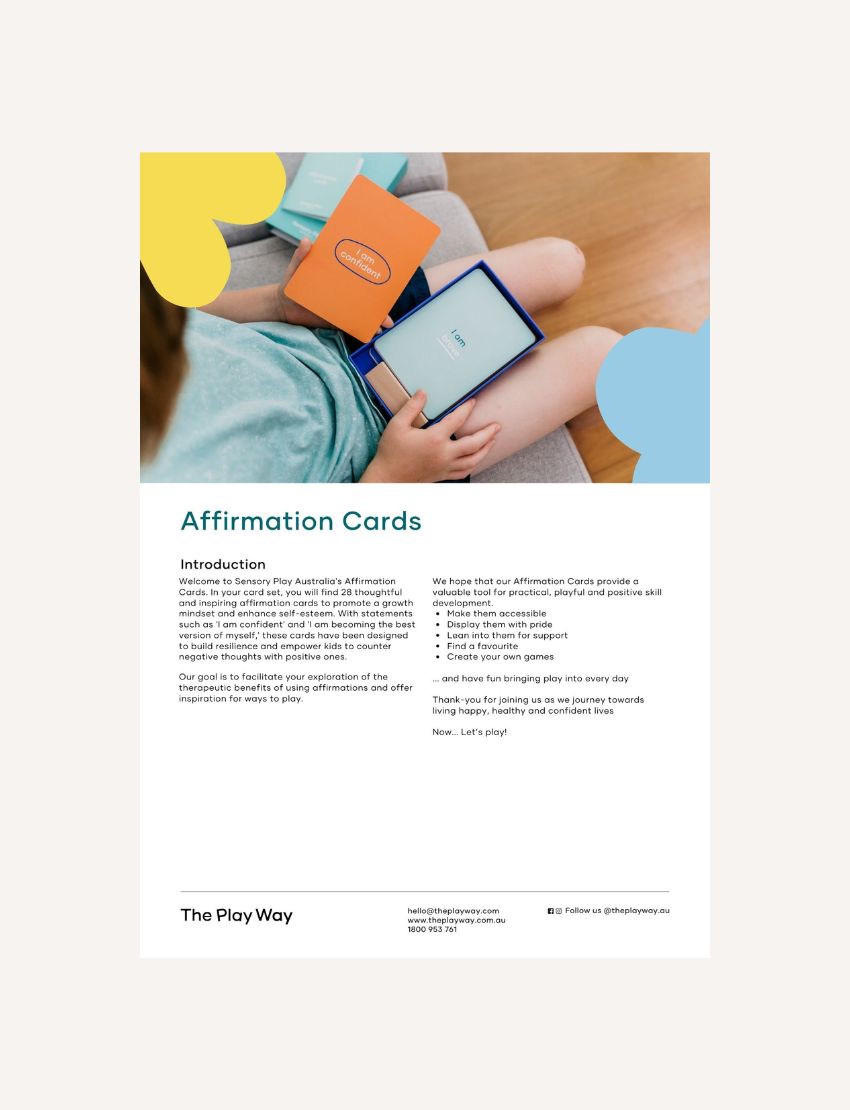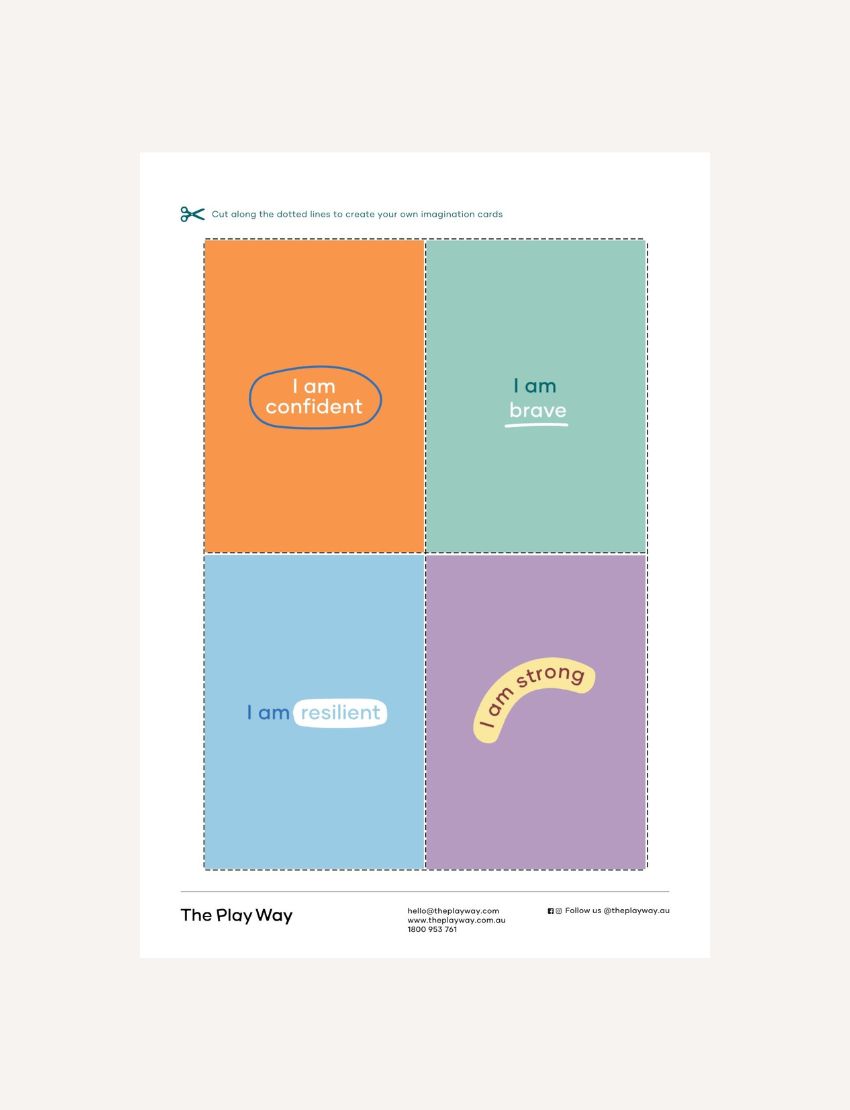We’ve all seen it happen. When you’re feeling stressed or anxious, your child often picks up on those emotions. But did you know that when you stay calm, they tend to mirror that too? This is the magic of co-regulation—a powerful tool that helps your child learn to manage their emotions by learning from your calm presence.
What is Co-Regulation?
Co-regulation is the process of helping your child calm down through your own calm, steady approach. It’s not about forcing them to change their mood or fixing their feelings—it’s about showing them that big emotions can be managed with patience and presence. When you stay grounded, you teach your child how to regulate their own emotions.
The Importance of Co-Regulation
It’s important to remember that co-regulation is a skill that develops over time. In the early years, children don’t yet have the emotional tools to regulate themselves effectively. They need you to help them through it. But as you practice being calm and emotionally present, your child will begin to internalise those same skills, slowly learning to manage their emotions on their own.
Co-Regulation in Real Life
Here’s how co-regulation can work in real life:
Imagine your child is upset because something didn’t go the way they expected. Instead of raising your voice or trying to fix the situation right away, you take a moment to pause, breathe, and approach them calmly. This signals to your child that everything will be okay, and that it’s safe to experience emotions without letting them spiral out of control.
You might say something like, “I see you’re feeling frustrated. Let’s take a deep breath together and figure out what we can do next.” By staying calm yourself, you give your child a sense of security and model how to handle frustration in a healthy way. Over time, they’ll learn that emotions, even intense ones, don’t have to overwhelm them.
Validating Your Child’s Feelings
Co-regulation also involves acknowledging your child’s feelings without judgment. Letting them know that their emotions are valid—whether they’re angry, sad, or excited—helps them feel heard and understood. This builds trust and emotional security, showing them that their feelings matter and can be managed.
How Co-Regulation Helps Your Child Grow
The more you practice co-regulation, the more your child will learn. In those moments of overwhelm, they’ll begin to look to you for guidance, and eventually, they’ll be able to self-regulate. This is a process—it’s about building emotional resilience and creating a safe space for your child to learn how to deal with their emotions.
You Don’t Have to Be Perfect
Remember, you don’t have to be perfect. You’re not expected to keep a level head all the time, and it’s okay to show your child that you’re human too. What matters most is that you’re practicing calmness in the face of challenges, and that you’re teaching your child that they can find calm too.


